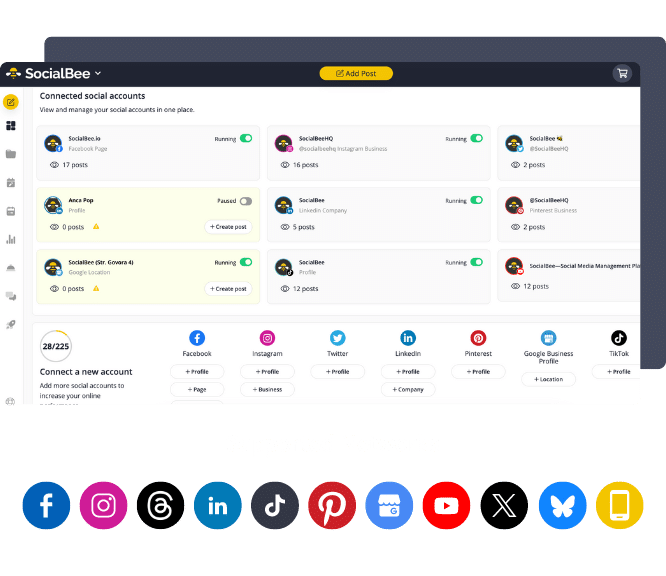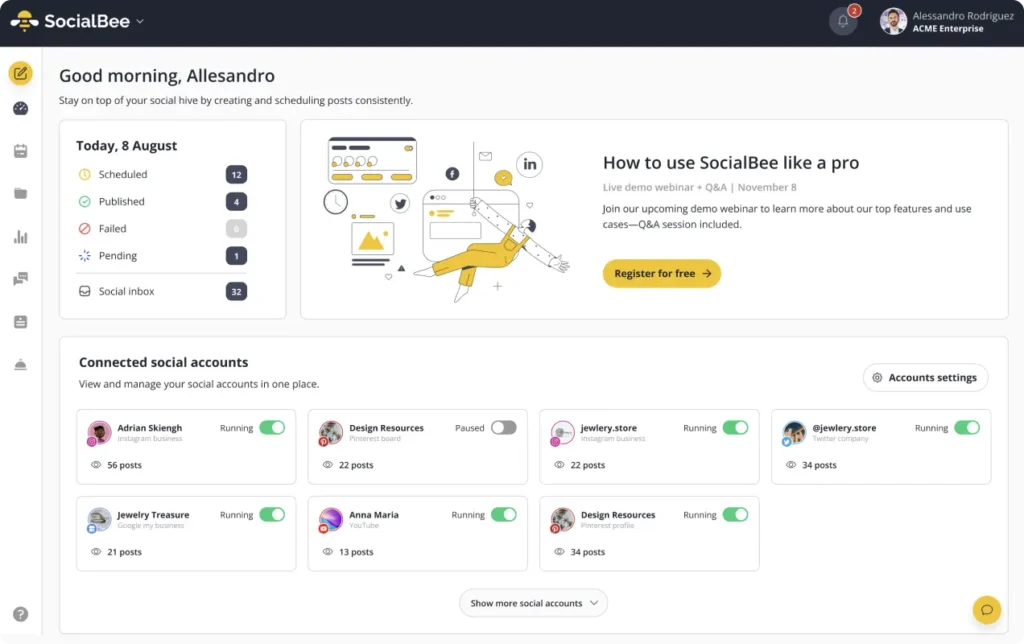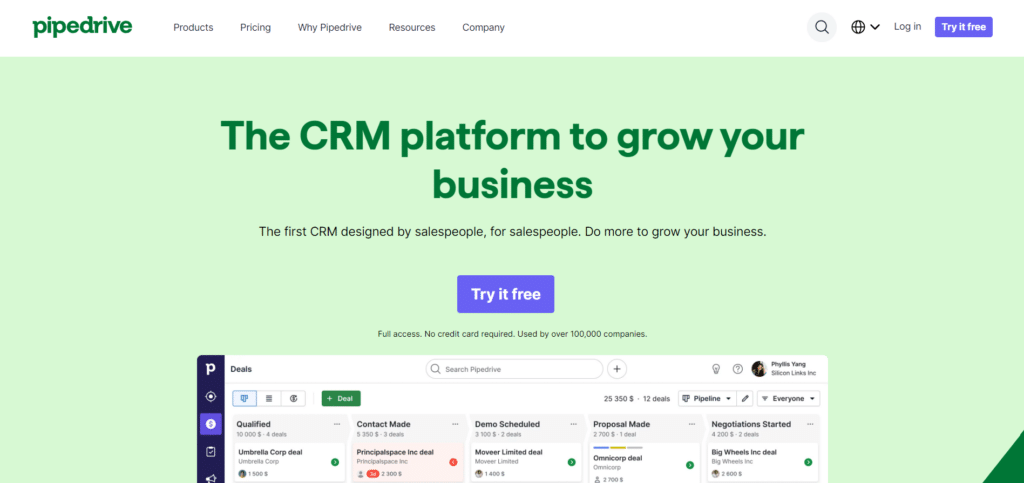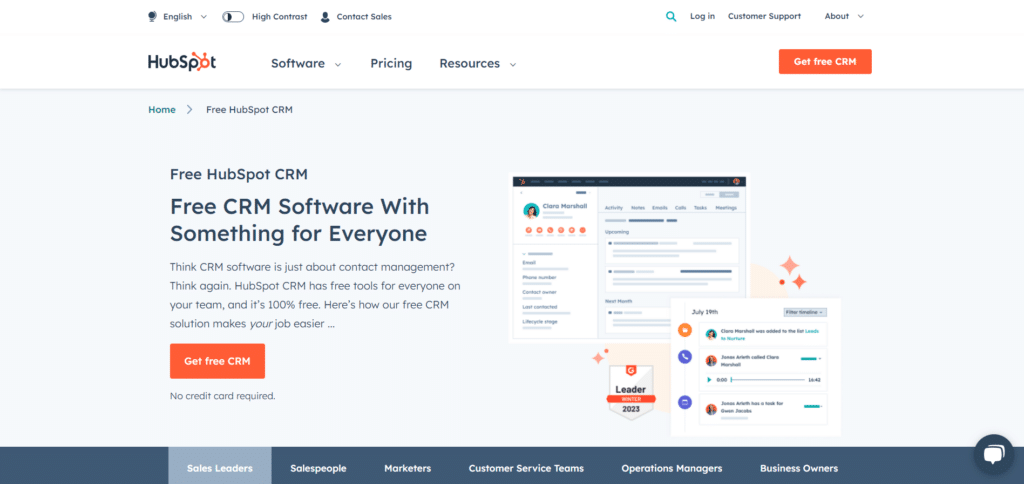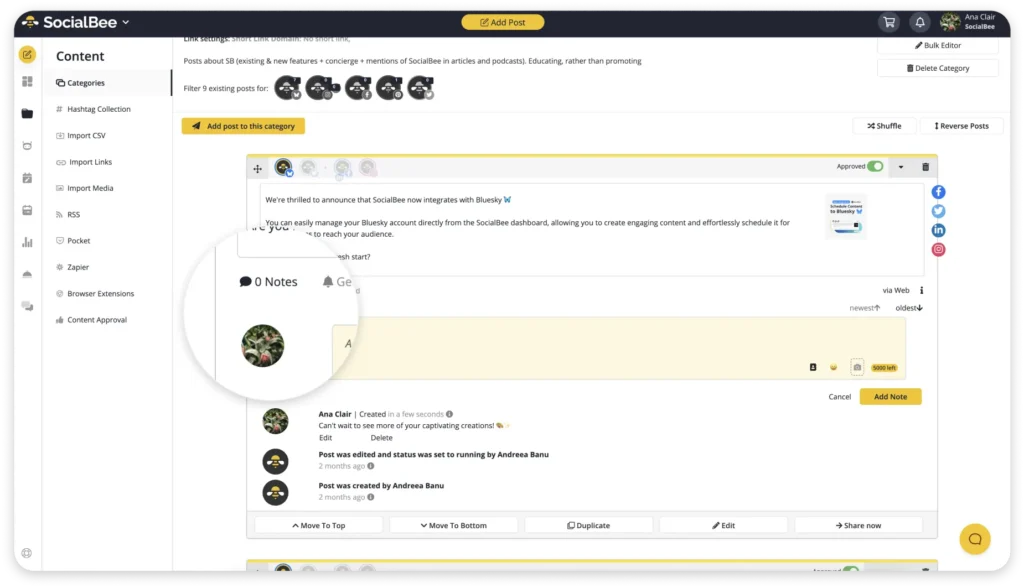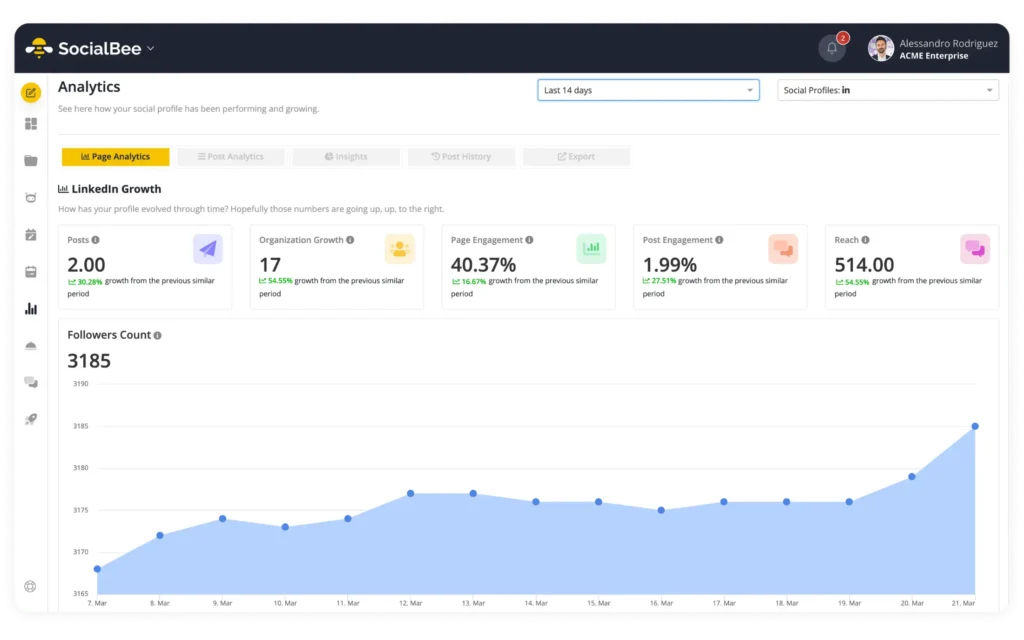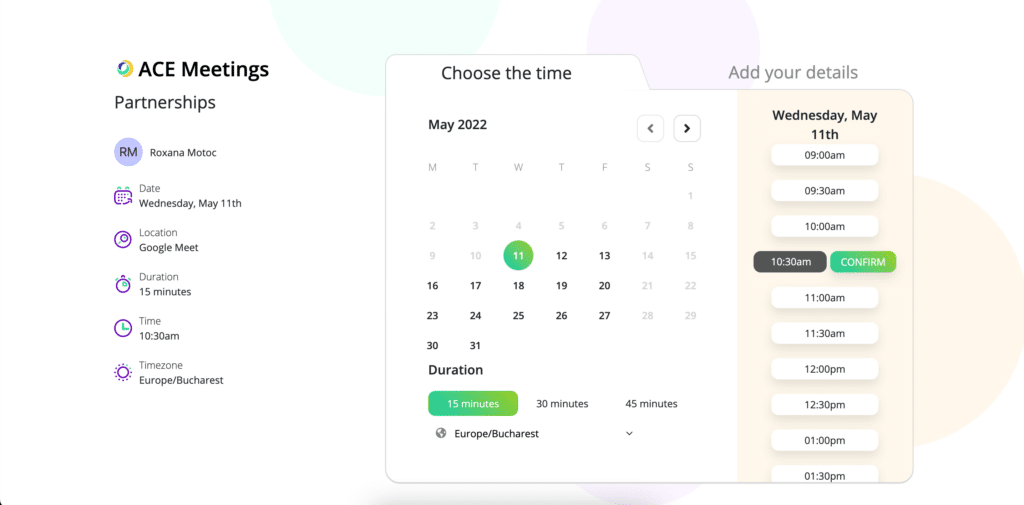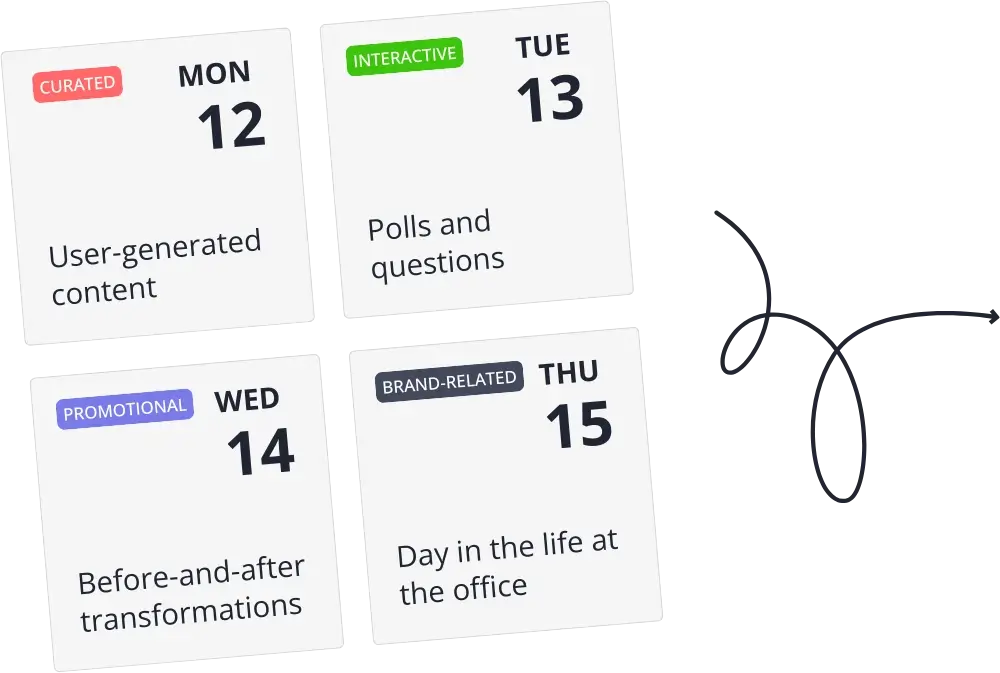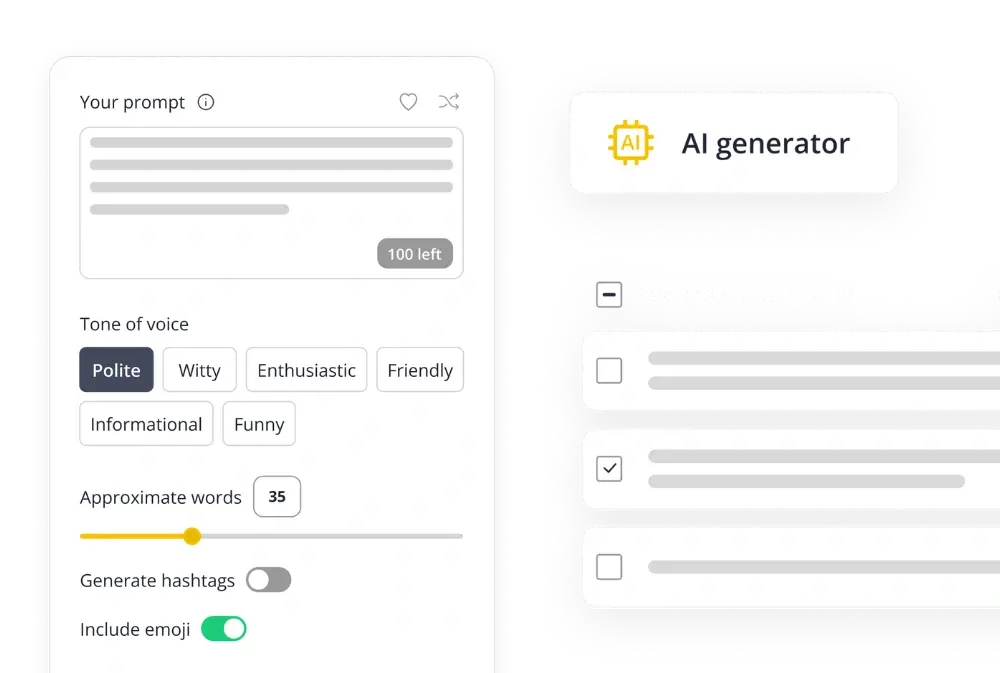
Content Writer
Effective client management can be quite a challenge when your goal is to succeed in the long run. Ideally, there should be no room for mistakes to lead to poor client interactions. For this reason, this article will provide readers with 10 strategies for long-term success.
We will discuss best practices for developing strong relationships, choosing the right tool, creating a positive client experience, and we’ll also talk about the importance of regular client reporting.
By putting our strategies to good use, you’ll be able to establish strong client relationship management with existing and potential clients that will drive growth and profitability. Ready, set, let’s go!
We’re SocialBee LABS SRL, part of WebPros. We use the information you provide to share relevant content and product updates, as outlined in our Privacy Policy. You can opt out anytime.
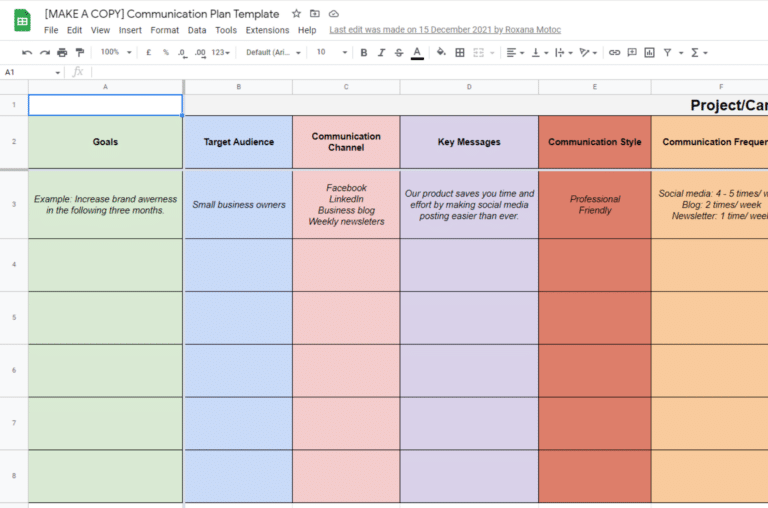
What Is Client Management?
Effective client management refers to an essential part of a business’s success. It refers to the act of managing customer interactions and relationships, from initial contact to long-term client satisfaction.
What’s the end goal of client management software? Building long-term relationships and increasing brand recognition while creating customer loyalty.
Why Is Client Relationship Management Important?
Client relationship management refers to allowing companies to build strong connections with existing clients. In turn, companies will then be able to properly understand their customers’ needs and create tailored experiences that drive engagement and customer retention rates.
More so, it helps client managers tailor their services and offerings in a way that makes clients satisfied. Additionally, client relationship management software enables businesses to identify high-value customers that may require additional attention and start working towards customer retention. To accomplish this, you’ll need the best client management software to improve your customer interactions.
Top 3 Client Management Tools You Need
Before we share with you our go-to customer relationship management strategies, let’s first take a look at some of the best client management software out there.
Here are the top three client management tools currently available:
- SocialBee
- Pipedrive
- HubSpot
1. SocialBee
SocialBee is an awesome social media management tool that can work as management software and that allows marketing agencies, social media specialists, and marketing teams to manage multiple client social media accounts at once.
Furthermore, they can invite their clients to SocialBee and keep them in the loop regarding their social media content strategy. Last, but not least, the tool allows customers to leave important feedback points via the internal notes feature, approve or dismiss upcoming posts, and generate insightful reports regarding their process.
Improve your client relationship management strategy with SocialBee!
Start your 14-day free trial now!
By utilizing its various features, such as multiple workspaces, robust analytics, and reporting, any client manager can finally lighten the weight of their client relationship management responsibilities.
SocialBee can be used by assigning roles to users, leaving feedback points in the internal notes section, leveraging important metrics, and generating impressive reports to certify your work.
If client retention is on your list of priorities, SocialBee might be the client management software you’re looking for. Our 14-day free trial awaits, no credit card is required!
Pros:
|
Cons:
|
Pricing:
|
2. Pipedrive
Pipedrive is a user-friendly client relationship management software that helps sales teams of all sizes stay organized and efficient. It’s a simple yet powerful client management software.
This client management software keeps customer data organized, so nothing falls through the cracks, giving your team more time to focus on selling. Pipedrive’s agility and power make it an excellent choice for any sales-focused organization.
Pros:
|
Cons:
|
Pricing:
|
3. HubSpot
HubSpot is a cloud-based, mostly free management software designed for companies of all sizes and industries. This client management software helps businesses track and nurture leads and analyze key metrics.
HubSpot offers a great management software for monitoring outbound and inbound leads, sales pipeline management with automation, contact management, and email campaigning. With its versatility and ease of use, HubSpot is a valuable resource for both B2B and B2C businesses in various industries.
Pros:
|
Cons:
|
Pricing:
|
10 Customer Relationship Management Strategies to Improve Client Retention
Efficient client relationship management is essential if you wish to have satisfied customers. Customer loyalty can be earned through effective client relationship management strategies that increase customer satisfaction. Any client manager can improve their reputation within their specific industry.
Here are the top 10 customer relationship management strategies to improve customer retention:
- Set realistic expectations
- Create a communications plan to guide your team
- Facilitate seamless client collaboration
- Use a client management software
- Provide regular client reports
- Schedule client meetings regularly
- Be proactive
- Implement feedback and improve your offerings
- Provide excellent customer support across all channels
- Recognize and reward loyal clients
1. Set Realistic Expectations
One of the most common client relationship management pitfalls is the lack of realistic expectations. Over time, this can lead to a difficult working relationship and ultimately to customer churn. Always try to go above and beyond in order to exceed client expectations and improve customer management.
Here are three ways to set realistic expectations when doing client relationship management:
- Pay attention to your clients – By using the best client management software as a way of learning the likes and dislikes of your clients, you will then be able to set achievable expectations that align with their main business goals.
- Be upfront – As a client manager, it’s important to be honest about what you can deliver and what is currently improbable. If you set unrealistic expectations right from the get-go, you risk ruining good customer relationships and your reputation in the process.
- Set boundaries – Managing client expectations can foster long-term relationships. Boundaries help get everyone on the same page. So, make sure that your clients understand the limits of what you and your management software can provide for them, and be clear about what is and isn’t included in the project.
2. Create a Communications Plan to Guide Your Team
If good client relationship management is your goal, a communications plan should be the first step for you to undertake, followed by identifying the right client management software. That way, your team knows exactly how to nurture good relationships, handle customer data, and stay away from over-delivering.
Here are three ways to create a communications plan:
- Define goals and objectives – The first step is to identify the purpose of the communications plan. What do you want to achieve? What are the key performance indicators (KPIs) and objectives that you want to accomplish?
- Create a timeline – Develop a timeline for your communications plan. Specific dates should be given for when messages will be sent, who will be responsible for sending them, and how they will be sent.
- Assign roles and responsibilities – Assign specific roles and responsibilities for each member of your client management team. Who would you like to be responsible for creating and sending messages? Who could be responsible for tracking responses and following up with clients? Good client management software should help you get this sorted out.
3. Facilitate Seamless Client Collaboration
Client managers and their teams must build and nurture customer relationships in order to ensure customer satisfaction and long-term collaborations with both existing clients and prospective clients.
To achieve this impressive feat, you’ll have to leverage the appropriate client management tool. Sometimes, using just one client management software doesn’t suffice. Consider complementing your project management tools with digital communication tools that enable video conference call. These tools can foster more personalized interactions with clients, allowing for face-to-face communication, screen sharing, and real-time collaboration, ultimately enhancing your client relationship management efforts.
Here are three types of tools to facilitate seamless client collaboration:
- Project management tools – Using a project management tool such as Trello can help you with task management, track progress, assign multiple tasks, and use your client relationship management skills to the max. Additionally, you can try out Asana or Basecamp to help you collaborate with clients in real time, share important updates, and stay aware of deadlines. There are also several Trello alternatives out there that you can try.
- File sharing tools – File sharing tools, such as Google Drive or Dropbox, can help you collaborate with clients on various documents and presentations. You can share customer data, edit them in real time, and track changes. This allows for seamless collaboration on projects.
- Social media management tools – Tools such as SocialBee can be used to enhance your customer relationships. With SocialBee, you can easily improve your team collaboration efforts by using multiple workspaces that act as a client portal, inviting users to the platform and assigning them roles, or receiving feedback points in the internal notes section.
SocialBee simplifies team collaboration with workspaces, role assignments, quick tagging, and internal notes.
Try our 14-day free trial now!
4. Use a Client Management Software
A great client management tool allows you to streamline relationships with all your clients. It helps managers increase profits, provide better customer service, and retain more clients.
Here are three essential features of great client management software:
- Centralized client information – Customer relationship management is all about having a centralized database for all your clients, making it easier to manage and access important information. Keep your communication history, project details, and more in one place.
- Better communication – A great client management tool can help you with customer communications via tools for email marketing and social media. To enhance your customer interaction capabilities, integrate SMS with your CRM. This feature can significantly boost your sales outreach strategy. You can also set regular reminders to follow up with clients to ensure that communication is always timely and that the sales process is on track.
- Streamlined workflows – By automating repetitive tasks and integrating with other tools, a great tool can also streamline workflows. You can automate follow-up emails or integrate your software with project management tools for progress tracking.
In general, software can help you improve communication, save time, and provide better service to your customers.
5. Provide Regular Client Reports
Client reports are an important way to showcase the features of your client management software. Regular client reports prove that you’re actively monitoring the progress of various projects. They also help businesses stay accountable to clients and ensure that client expectations are always met.
In order for you to do client reporting and manage clients quickly and effortlessly, you’ll need great tools to assist you. For example, SocialBee provides users with robust analytics that showcase the impact of your work, such as the distribution of your engagement levels (likes, comments, and shares).
Monitor your clients’ social media performance with SocialBee and generate insightful PDF reports in a matter of seconds.
By using the insights provided by SocialBee, you’ll start to notice that your reports will become easier to prepare. With client data under your fingertips, you’ll be able to effectively manage the accounts of your clients. Also, you can generate neat-looking PDF reports by exporting them directly from SocialBee. This is what great client management tools should accomplish.
6. Schedule Client Meetings Regularly
Choosing to schedule client meetings on a regular basis helps you manage clients more efficiently and keep them engaged about the progress of their projects. During regular meetings, both parties can discuss any issues that have arisen, the progress made, and what needs to be improved.
By regularly meeting and discussing projects, you can better understand their needs and develop a more personalized approach to service. With time, this leads to greater customer satisfaction and loyalty.
To fully leverage the power of regular client meetings, you’re going to need software and an equally powerful meeting scheduling tool to help you scale and keep your clients happy.
For that, we recommend that you start using ACE Meetings, a remarkable virtual scheduling platform that effectively eliminates the confusion of scheduling calls. This comprehensive platform enables you to synchronize multiple calendars, including Google Calendar, Office 365, and iCloud, among others.
By utilizing this meeting scheduling tool, you can significantly reduce the number of no-shows and boost your conversion rates to an unprecedented level.
This is made possible by setting reminders prior to meetings and scheduling follow-up emails after calls. You can get started for free and leverage this tool to help your agency expand its reach today!
7. Be Proactive
A proactive approach to effective client management involves managing your clients’ expectations, needs, and goals.
Your sales and marketing team should always do their best to anticipate problems and try to come up with solutions before they arise. To lend a hand, use your client management software and skills and brainstorm how you could prevent a series of possible issues. This can build trust with your clients and prevent problems from derailing the project.
Also, rather than waiting for your clients to request help, offer proactive solutions that address their needs and goals. This can help you demonstrate your client management skills and provide more value to your clients. For that, use the appropriate software for your clients’ needs.
8. Implement Feedback and Improve Your Offerings
Acknowledging the feedback points suggested by your clients in a timely manner should be of the utmost importance to any client manager.
Once you manage to implement it, let them know that their suggestions were taken into consideration and that you consider their input to be valuable. This will show them that they can trust you in the long-term and therefore improve the sales process.
Additionally, this involves continuously refining and enhancing your services to meet the ever-evolving needs and expectations of your clients.
Here are three ways to improve your offerings:
- Offer personalized solutions – Client managers should always tailor their services according to the specific needs of each client. This can involve customizing services, offering additional services, and giving discounts when possible.
- Leverage technology – The AI revolution can enhance your existing client management skills. Use technology and client management software and provide clients with more value, and use a client management system to improve communication and collaboration.
- Continuously evaluate and improve – Regularly evaluate your offerings and identify areas for improvement. Staying ahead of the curve and meeting the client’s evolving needs is key to staying competitive.
9. Provide Excellent Customer Support Across All Channels
Providing excellent customer support across all channels involves offering consistent, timely, and personalized assistance to your clients, regardless of the communication channel they use to contact you.
- Offer multichannel support – Become easy to reach across the channels preferred by your clients, such as email, hosted phone system, phone, live chat, and social media. This can help you improve your customer relationships in a prompt manner and improve client satisfaction surveys.
- Respond quickly – Respond to all client inquiries and issues as quickly as possible, regardless of the channel they use. Never leave a message unanswered for more than 24 hours. Also, set clear expectations for response times and try to exceed those expectations whenever possible, especially whenever new clients are concerned.
- Be available around the clock – Make sure that your sales team offers support during extended business hours or 24/7 if possible, especially if you manage clients in different time zones. This can help you improve the accessibility of your support, provide quick solutions to issues, and connect with new clients in a more persuasive way.
10. Make It Easy For Clients To Pay You
All businesses, from freelancers to small agencies, need need invoice generator tools for a strong invoicing process to keep money coming in the door. It’s difficult to keep track of incoming payments and cash flow without a reliable system in place. You could end up delaying revenue that you really need, unable to make critical payments to employees, contractors, or other vendors. You also risk jeopardizing good client relationships if you fumble the transaction experience. Here are 3 ways to make it easier for clients to pay you:
1. Use intuitive software. Find a payment platform that’s easy to use and intuitive. Rather than paying for features you don’t really need, invest in a financial operating system that works for your business.
2. Reduce or eliminate fees. Transaction fees can take a big bite out of your bottom line. Find an invoicing and bill pay solution that offers fee-free payment options, or look for the lowest fees possible.
3. Automate, automate, automate. Many invoicing and bill pay to-dos are recurring every month. Find a payment platform that can automate these tasks, reduce errors, and give you back time to focus on revenue-generating activity.
Hopscotch is an invoicing and bill pay solution designed for freelancers and small teams. This all-in-one platform makes it easy to track what’s coming in and going out in a single ledger, pay and get paid with zero fees, and control the payment experience for clients/vendors—they don’t have to create an account to pay you, and you can generate and send branded payment screens with your logo, colors, and icons.
11. Recognize and Reward Loyal Clients
Don’t focus all your attention on attracting prospective clients. Instead, make it a habit to reward loyal clients and celebrate good client relationships. This is a great way to show your appreciation for their support and encourage continued loyalty.
Here are three ways to reward loyal clients:
- Offer exclusive discounts – Streamline the sales process by offering exclusive discounts or promotions to loyal clients, such as a percentage off their next purchase or a free upgrade to a premium service.
- Provide early access to new products or services – Make prioritizing clients who are loyal a priority by granting them early access to new products or services before the official release date. This can help your clients feel special and valued.
- Create a loyalty program – Develop a loyalty program aimed at fostering long-term customer relationships and helping with the sales process. The program may entail customers accumulating points for their purchases, which they can later exchange for discounts or other types of rewards.
Frequently Asked Questions
A client management system enables businesses to proficiently manage their communication with potential and existing customers. The system can assist with sales management, workflow optimization, and scheduling customized interactions with customers, based on the specific software utilized.
As a result, this can lead to increased customer satisfaction, bolstered client relationship management, and improved profitability for companies.
A client manager has plenty of client management responsibilities. Their primary objective is to enhance and improve customer loyalty while guaranteeing their contentment with the company’s products or services.
To achieve this, one must possess outstanding proficiency in client relations, communication, and customer service.
In general, the duties of a client manager involve responding to client inquiries, resolving problems, and suggesting suitable products or services. Additionally, handling transactions, formulating proposals, and designing account strategies are some tasks most client managers perform regularly when managing clients.
Here are the most important client management skills a manager should possess:
- Communication skills
- Managing client relationships
- Problem-solving skills
- Sales skills
- Time management skills
- Analytical skills
- Leadership skills
- Customer service skills
Improve Your Client Relationships with Effective Management Strategies
Cultivating enduring customer relationships starts when you prevent client management pitfalls from ever occurring.
Through the use of suitable client management software and strategies and customer relationship management software, businesses can guarantee that their client relationships are both significant and rewarding.
Our 10 client management strategies offer indispensable tips for long-term success, ranging from establishing explicit communication expectations to incentivizing customer loyalty and handling customer data correctly.
Clients appreciate a company that takes the time and effort to invest in them, so use SocialBee. It can help you considerably improve your client management efforts. Our 14-day free trial is waiting for you, put it to the test now!
